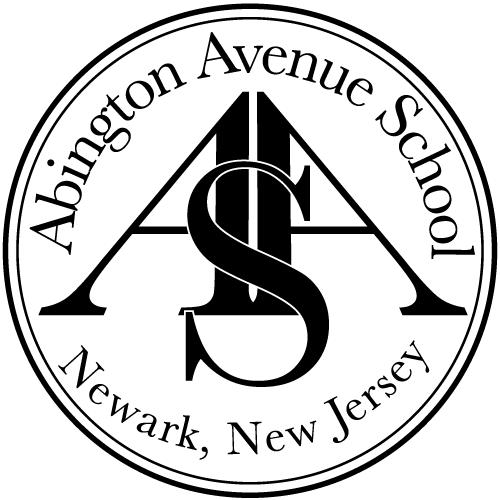Social Studies
"Teaching social studies powerfully and authentically begins with a deep knowledge and understanding of the subject and its unique goals. Social studies programs prepare students to identify, understand, and work to solve the challenges facing our diverse nation in an increasingly interdependent world. Education for citizenship should help students acquire and learn to use the skills, knowledge, and attitudes that will prepare them to be competent and responsible citizens throughout their lives. Competent and responsible citizens are informed and thoughtful, participate in their communities, are involved politically, and exhibit moral and civic virtues.""A Vision of Powerful Teaching and Learning in the Social Studies: Building Social Understanding and Civic Efficacy." Task Force on Standards for Teaching and Learning in the Social Studies. 2008. National Council for the Social Studies. http://www.socialstudies.org/positions/powerful
"The study of history rests on knowledge of facts, names, dates, and places. In addition, real historical understanding requires students to engage in historical thinking: to raise questions and to marshal evidence in support of their answers; to read historical narratives and fiction; to consult historical documents, journals, diaries, artifacts, historic sites, and other records from the past; and to do so imaginatively-taking into account the time and places in which these records were created and comparing the multiple points of view of those on the scene at the time.""Students engaged in activities of the kinds just considered will draw upon skills in the following five types of historical thinking:
- Chronological Thinking
- Historical Comprehension
- Historical Analysis and Interpretation
- Historical Research Capabilities
- Historical Issues-Analysis and Decision-Making."
